How much do you need to join forex, Not everyone can invest in foreign exchange. Yet, the forex market is the largest financial trade market in the world (according to 2009 International Monetary Fund data).
Foreign exchange dealers now process more than 4 trillion U.S. dollars per day, in average daily turnover. That’s a lot of money! So if you’re interested in trading this lucrative financial market and want to know how much you need to join forex, read on.
When it comes to joining and getting started in the world of forex trading there are multiple questions one might ask. What would I need to set up a forex account? How much cash and trading capital do I need to open a forex account?
How many trades do I have to make before I start making real money with Forex Trading? The first question that every new trader needs to ask is “how much capital do I need to open a forex account?”
There are many factors that go into this question. It’s no surprise that the amount of money you have available to invest will affect your trading decisions.
While there are some good methods for calculating how much capital you’ll need, it’s important to understand what goes into the answer to avoid making bad decisions.
But there is no set amount to start forex trading with, you can start with as little as $100, we are not equal and in pocket size we are different, but if you want to enjoy a good start trading forex you will need a minimum of $1000.
Key takeaway
- How much do you need to join forex
- How much leverage do you need?
- Do you have a strategy already?
- Do you have a trading plan?
- What is your every day win rate?
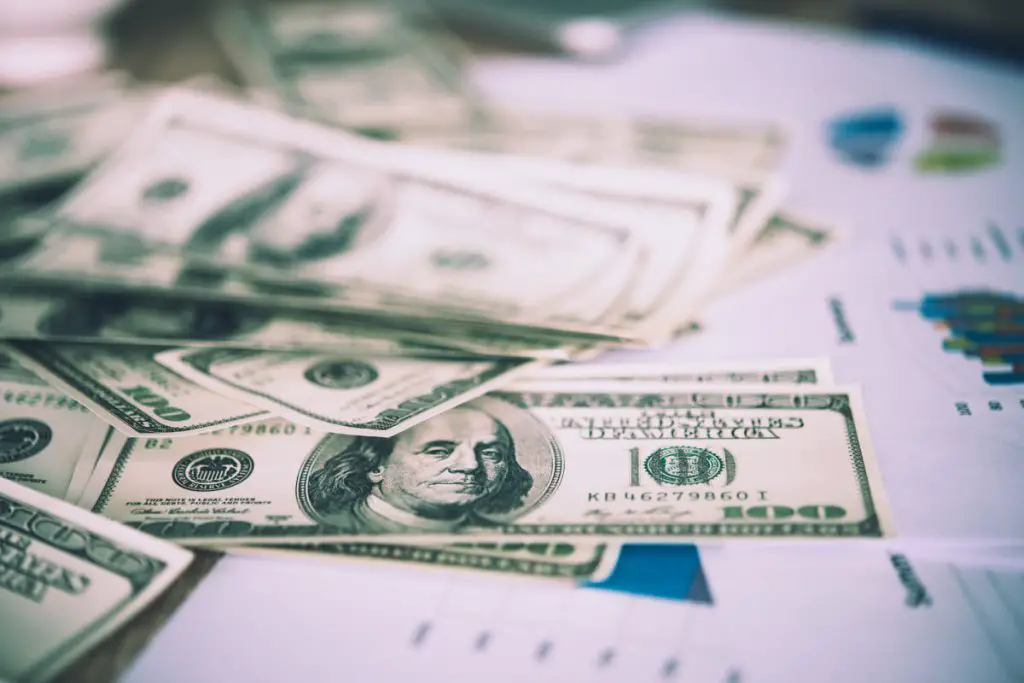
How much do you need to join forex
The minimum capital required to open a forex account is $100. This is the sum that you have to deposit in your trading account, which you will then be able to use to trade and speculate on currencies.
The minimum capital required for opening a forex account is not a fixed amount. It varies from broker to broker, but most of them require at least $250 as initial deposit for their clients. The minimum amount can also vary depending on the type of account you choose to open.
The minimum capital requirement can be waived if you are willing to trade with leverage, as this means increasing your risk by borrowing money from your broker in order to increase your trading potential.
For example, if you deposit $100 and trade with 10:1 leverage, then your position size will be equal to $1,000 (100 x 10 = 1,000). This means that you can open positions worth $10,000 with only $100 in your account!
If you’re completely new to foreign exchange trading, it’s best to start with a demo account. Demo accounts allow you to practice your trading skills without risking real money. You can also use the demo account to test different strategies before risking any of your money on them.
The minimum investment amount for most forex brokers is $250 or $500. Some brokers will allow you to start with less, but they will charge higher commissions on each trade than they would if you had deposited more money in your account.
Some brokers also require traders to have a certain amount of money on deposit before they are allowed to open an account with them. These requirements vary widely between brokers and may be as high as $50,000 or more for some brokers.
Read more articles: Forex Trading Basics Rules
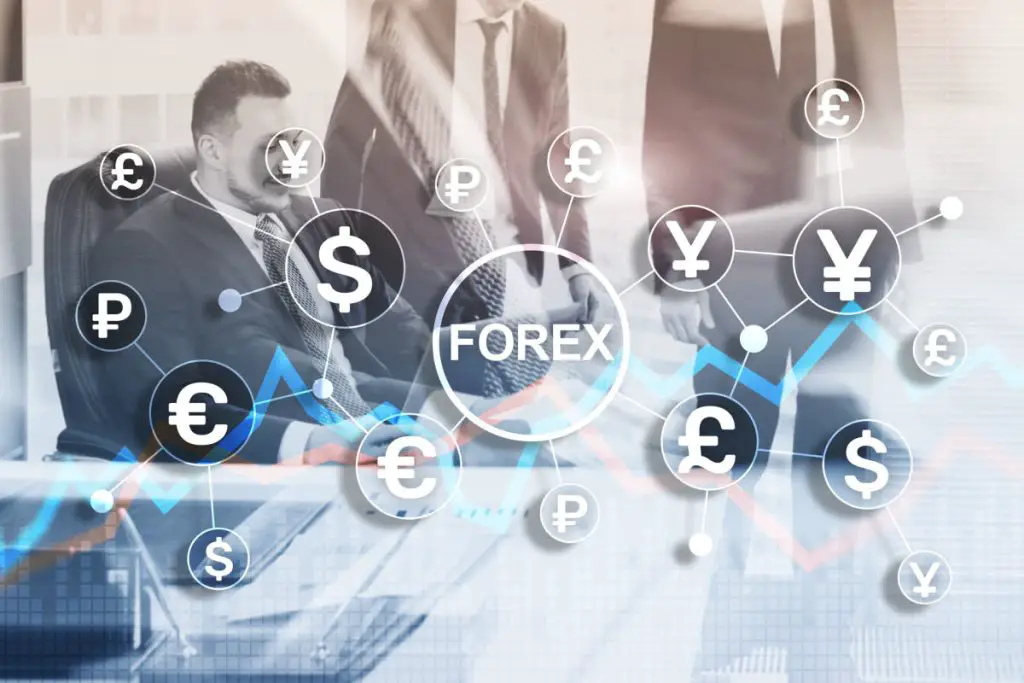
How much leverage do you need?
The answer to the question of how much leverage you need depends on your goals. If you’re saving for retirement and want to maximize your nest egg, a small amount of debt may be advisable. But if you’re trying to buy a home or start a business, then more is better.
If you want to retire early, debt can be an important tool. To retire at age 35 with $1 million in savings, for example, you’d need to generate an annual income of $50,000 per year but if you also have $100,000 in debt (at 5% interest), you can earn $100,000 per year without needing any additional savings.
If your goal is buying real estate and starting or growing a business, then more leverage makes sense because it allows you to own more property and make more money with the same amount of capital.
Let’s say you’re a doctor who just got out of residency and you want to buy a house. You have student loans, car payments, and credit card debt. You’ve been saving money for years, but it won’t be enough for the down payment without help from family and friends.
In this case, you’ll need more than 20 percent down. But if you don’t have any non-mortgage debt, then you could probably get by with 10 percent down. Here are some guidelines that can help you figure out how much leverage you need:
If your income is stable, then having more than 20 percent equity in your home may be unnecessary. If you’re self-employed or have an unsteady income stream, then having more equity might be important for avoiding foreclosure in the event of an emergency (like losing your job).
If you’re planning on moving within five years or so, it might make sense to go for less leverage so that when it comes time to sell your home there won’t be as much of a tax hit from depreciation recapture taxes (which come into play when selling a home after owning it for less than 20 years).
Read more articles: Setting Up Your Own Forex Brokerage
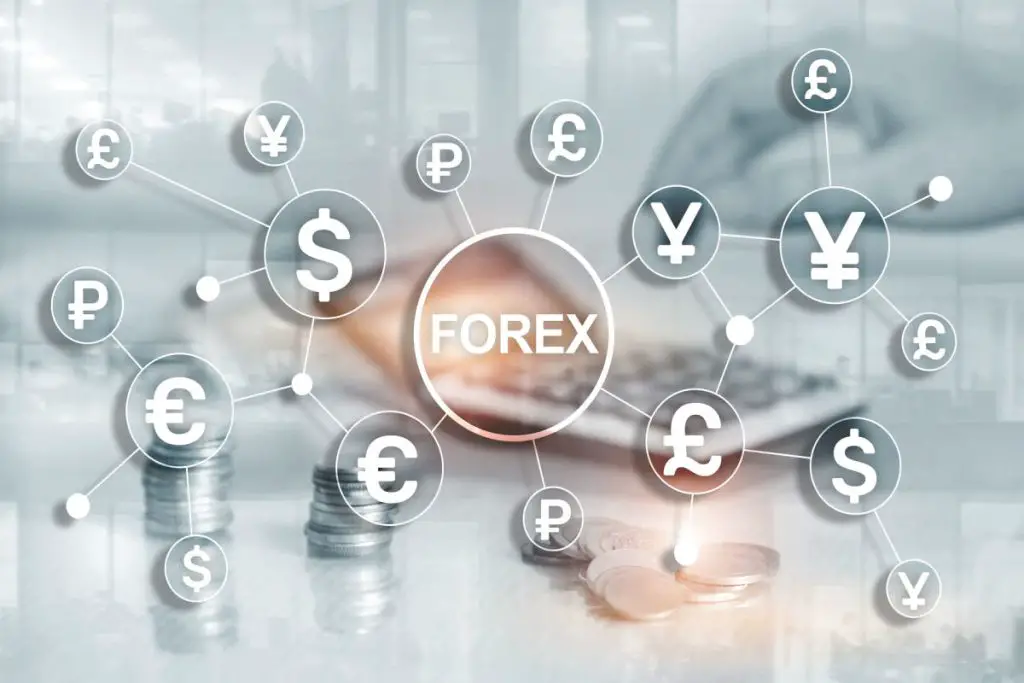
Do you have a strategy already?
If you’re an experienced trader, it’s probably best to develop your own trading strategy. You can use the stock market to help you learn how to trade, but don’t start by trading real money.
Stock market trading is a complicated process and it takes time and experience to become good at it. If you’re just starting out, it’s best to use paper money or play-money on a simulated platform until you feel comfortable with the basics.
Once you know what kind of trader you want to be, it’s time to develop a strategy that fits your personality and goals. If you’re an aggressive trader who likes taking big risks and making big gains.
Then you’ll probably want a more aggressive strategy that allows for higher risk but also higher returns if things go well. On the other hand, if you’re conservative by nature and are looking for steady growth over time, then a more conservative approach may be better suited for your needs.
While there are no guarantees when it comes to investing in stocks or other securities, having an effective strategy in place will give investors a better chance at success than those who don’t have one at all.
Conservative trading strategies
1. Buy and hold: This is one of the most basic stock trading strategies. You buy a stock and hold it until it reaches your target price or goes up enough to sell at a profit. When you buy and hold.
You don’t worry about short-term fluctuations in the price of your stock because you’re not planning to sell it right away anyway. This strategy works best for investors who have time on their side.
2. Growth investing: Growth investing focuses on companies that have potential for rapid growth over the long term, as opposed to companies that are already established with steady cash flows from current operations (known as value stocks).
Growth investors tend to be more aggressive than other types of investors, because they’re willing to take on greater risks in order to increase their chances of earning higher returns.
3. Value investing: Value investors look for stocks that appear undervalued by the market that is, where the price per share is lower than what analysts believe the company will earn per share over time (also known as earnings).
Read more articles: How do I Start a Forex Brokerage
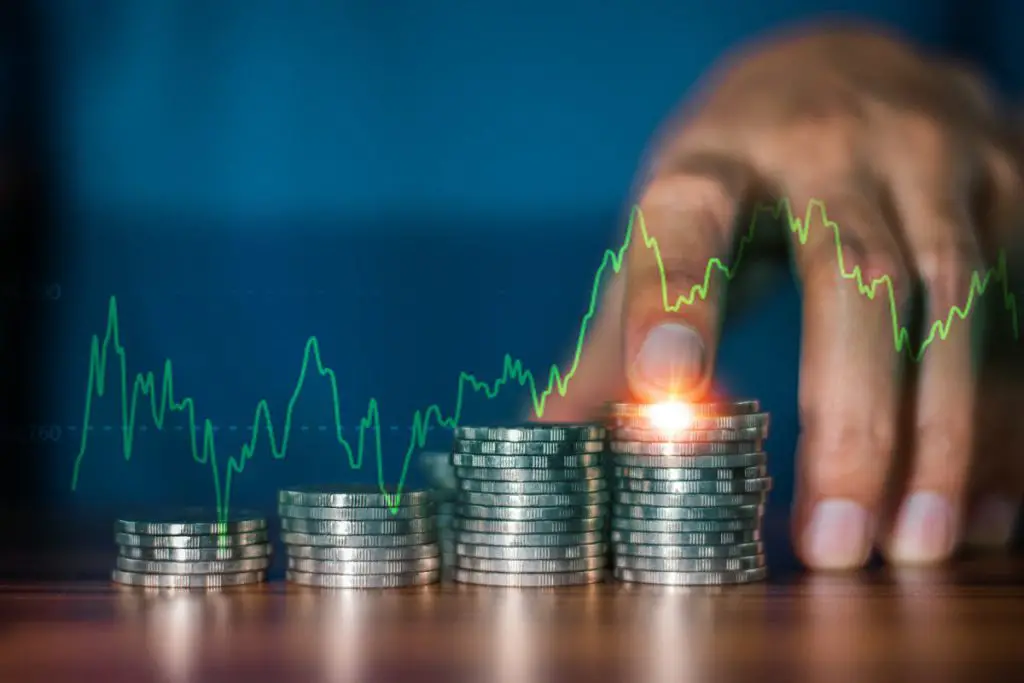
Do you have a trading plan?
Every trader needs a trading plan. Without one, your chances of success are greatly diminished. In fact, many professional traders will tell you that they never make a trade without first creating a detailed plan.
Your plan should be based on your own unique situation and goals, but there are some common elements that can be found in many successful plans. These include:
Situation analysis – What’s going on with the market right now? What has happened recently? Who are my competitors? What do they know that I don’t know? How does this fit into the bigger picture of what’s happening with global politics or economics?
Strategy – What is my strategy for taking advantage of what I see happening in the market? Is it time to buy or time to sell? Is there an opportunity here for me to take advantage of this event by buying at a discount or selling at a premium?
What price levels should I focus on if I want to go long or short? If I decide to go long (buy), what should my exit criteria be if things don’t go as planned?
Maturity – How long will my strategy take to play out? Will it be days, weeks, or months? How much capital am I willing to risk on this trade?
Risk Management – What are the risk parameters that should be considered when making this trade (amount of loss)? At what point do I need to exit this trade based on these parameters and how much profit have I made so far on this trade (if any)?
Read more articles: Fx Swap and Currency Swap Difference
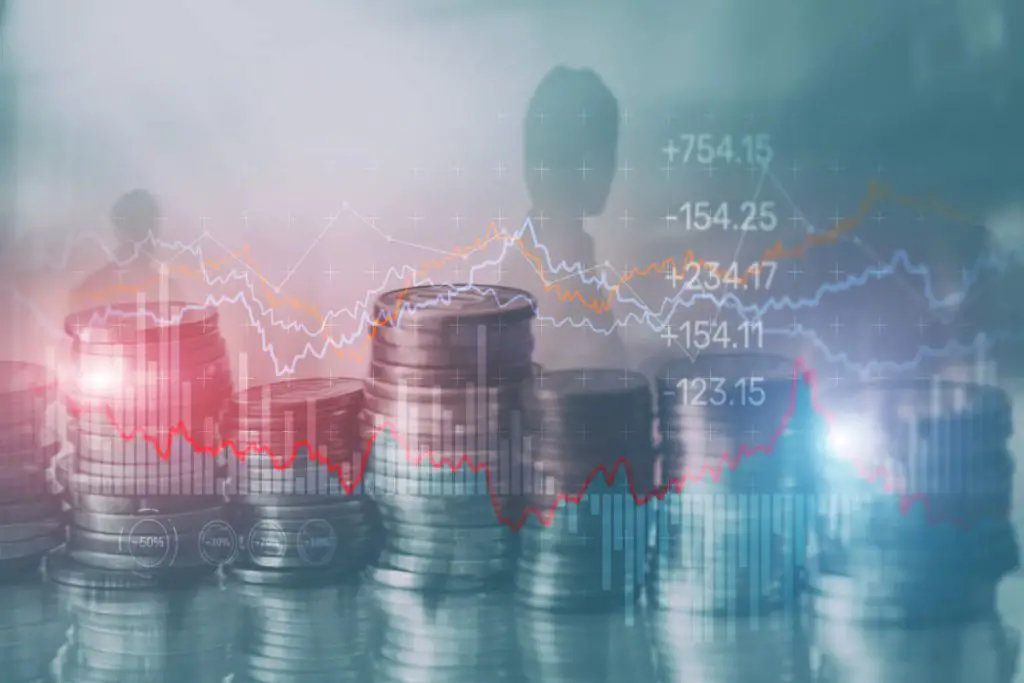
What is your every day win rate?
I was having a conversation with a friend the other day and we were talking about our businesses. It was an interesting conversation because we both had very different perspectives on success and what it really meant to us.
In his mind, success meant being able to work from home, make your own schedule, and not have to deal with people. He is an introvert so he likes his alone time but he still wants to work with other people.
I am an extrovert so I like working with other people but I also like having time to myself so I can recharge my batteries. In my mind, success means waking up every morning excited about what the day ahead has in store for me.
I want to be able to help as many people as possible in whatever way I can whether it be providing information or teaching them how to do something themselves instead of me doing everything for them (although it’s fun when they do actually learn how do things themselves).
I also want to live a life where I am making a difference in others lives through my work and business activities regardless if they know it or not.
In order to improve your win rate, you need to understand what your current win rate is. If you don’t know what it is, then how can you improve it?
The easiest way to find out your win rate is to track every conversation that you have on a daily basis and keep records of how many people respond in a positive way.
For example, if your goal is to get sales leads for your business, then every time someone gives you their contact information or makes an appointment with one of your sales representatives, this would be considered a positive response.
If they decline and don’t give their contact details or make an appointment, then this would be considered a negative response.
If you’re looking for dates, then every time someone gives you their phone number or makes plans with you, this would be considered a positive response (assuming they actually follow through).
If they decline and don’t give their phone number or make plans with you, then this would be considered a negative response (assuming they actually follow through).
Read more articles: Can Forex Trading be a Business?

Final verdict
How Much Do You Need To Join Forex? This is the question I would like to answer here. To join Forex you don’t need a lot of money. You can join even with $ 100 – $ 200 but start to trade with a demo account first to learn how Forex works and also to practice.
After you learned the basics try to use a real trading account without much risk at first in order not to risk your own money. If you want to trade for real you should have at least 1000$.
But it’s better if you already have more than that and you trade with not all of the money otherwise it’s possible that your balance becomes the zero and your stop loss or take profit order will not be executed because of it.
If you are getting ready to join forex market and want to know how much money you need to start a business. So we have conducted some research and found that the minimum amount of capital you can need is 100$. This amount will help you do all the transactions and participate in the exchange.
As you are aware, Forex has become quite a lucrative market in the recent period; owing to its high potential. Yes, it is not easy to join forex especially if you are just beginning as a beginner.
For example, getting registered with an online Forex trading company is not always easy.
You may have to be prepared to fulfill a number of criteria such as depositing money in the trading account, confirming your identity and receiving education on how to effectively trade.
Read more articles: Will Forex Trading Ever Stop?
Want to learn how to trade forex? Click here!








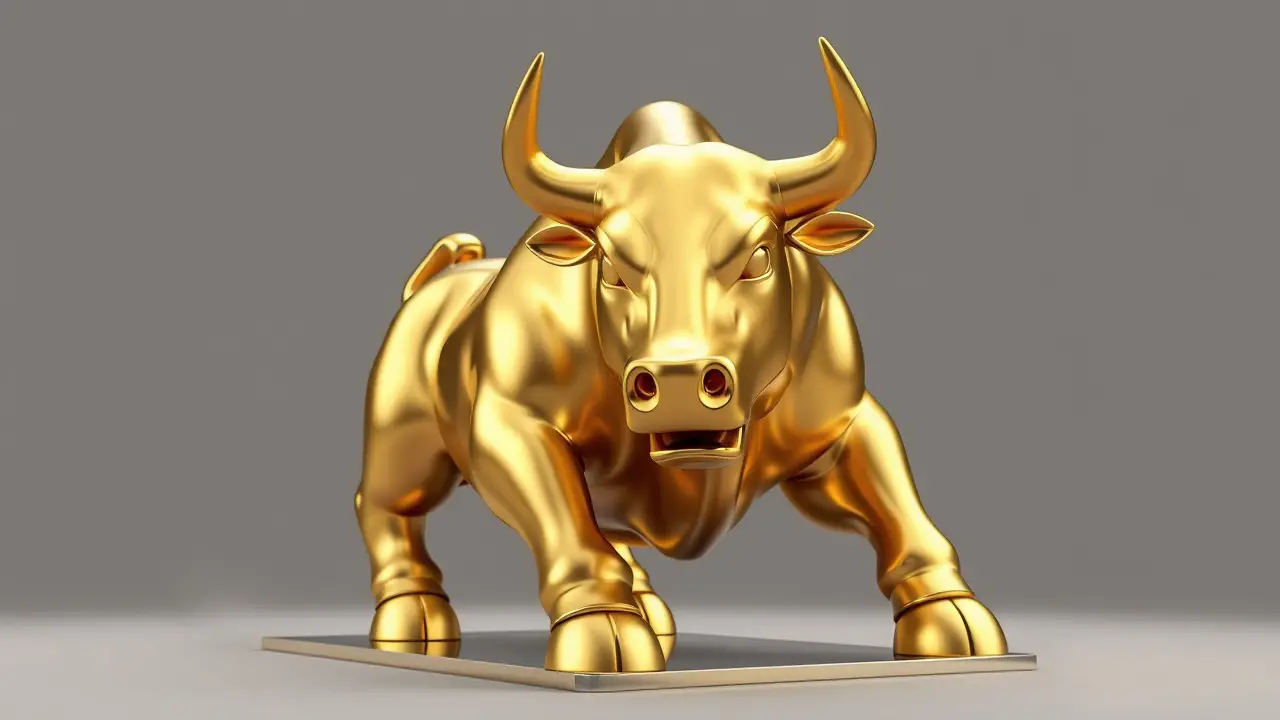


Leave a Reply